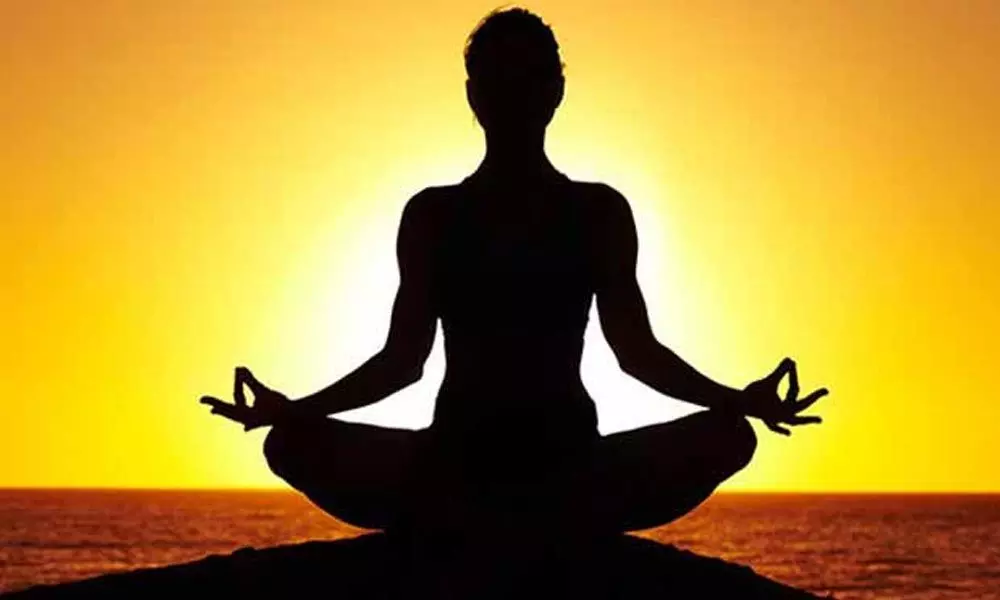Yoga helps ease lower back pain and induces sleep: Study
Share :

Yoga and physical therapy(PT) are effective approaches to treating co-occurring sleep disturbance and back pain while reducing the need for medication, a new study suggests.
New York: Yoga and physical therapy(PT) are effective approaches to treating co-occurring sleep disturbance and back pain while reducing the need for medication, a new study suggests.
Published in the Journal of General Internal Medicine, the research from Boston University in US, showed significant improvements in sleep quality lasting 52 weeks after 12 weeks of yoga classes or 1-on-1 PT, which suggests a long-term benefit of these non-pharmacologic approaches.
In addition, participants with early improvements in pain after six weeks of treatment were three and a half times more likely to have improvements in sleep after the full, 12-week treatment, highlighting that pain and sleep are closely related.
"Identifying holistic ways to treat these conditions could help decrease the reliance on these medications as well as keep patients safer and more comfortable," said study lead researcher Eric Roseen.
Sleep disturbance and insomnia are common among people with chronic low back pain (cLBP).
Previous research showed that 59 per cent of people with cLBP experience poor sleep quality and 53 per cent are diagnosed with insomnia disorder.
Medication for both sleep and back pain can have serious side effects, and risk of opioid-related overdose and death increases with use of sleep medications.
In the current study, the randomised controlled trial included 320 adults with cLBP and seven surrounding community health centres.
At the beginning of the study, over 90 per cent of participants with cLBP were found to suffer from poor sleep.
Participants were assigned one of three different therapies for cLBP: Weekly yoga, physical therapy or reading educational materials.
In this study, results for sleep improvements were compared over a 12-week intervention period and after 1 year of follow-up.
"The high prevalence of sleep problems in adults with chronic low back pain can have detrimental effects on a person's overall health and well-being," said Roseen.
